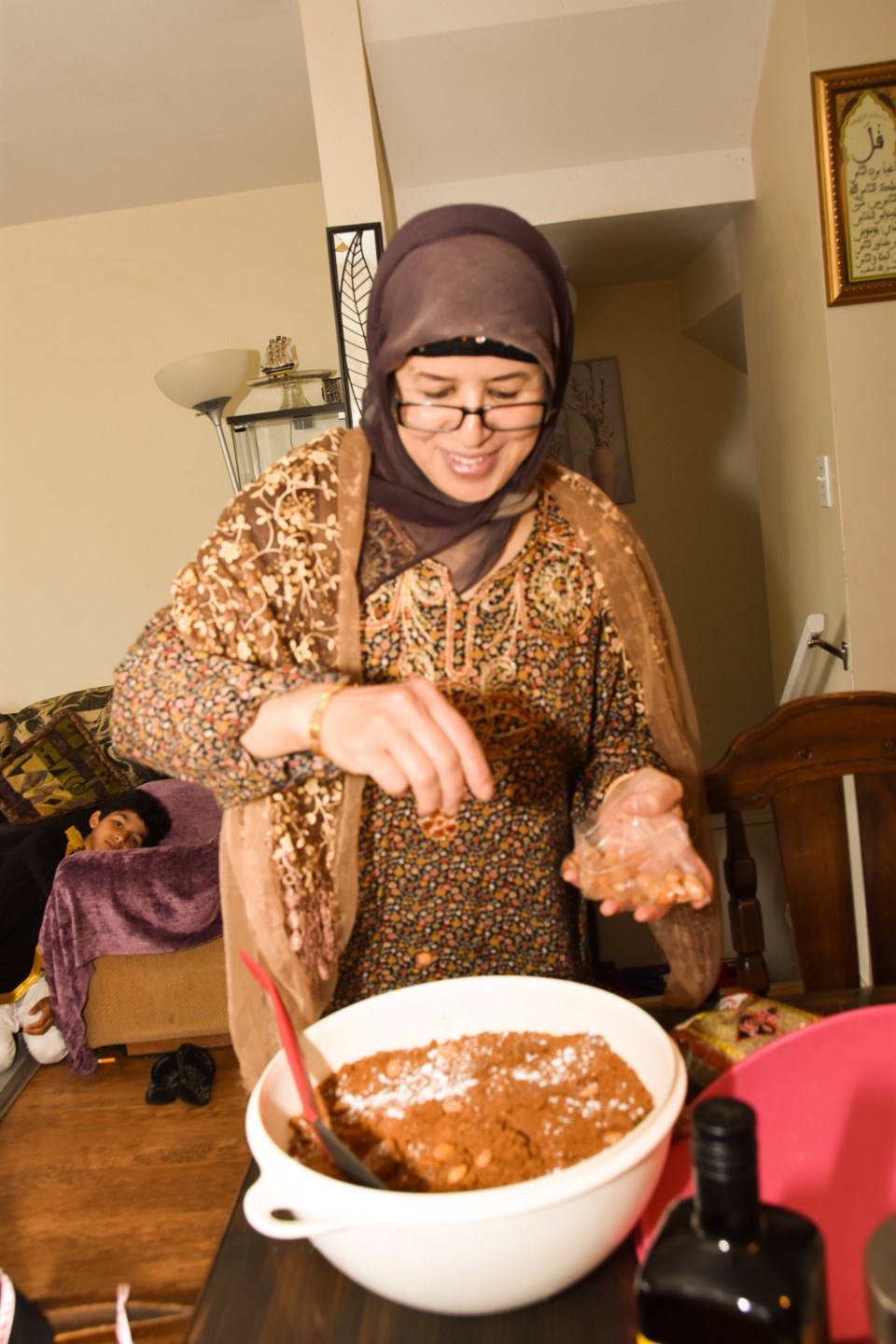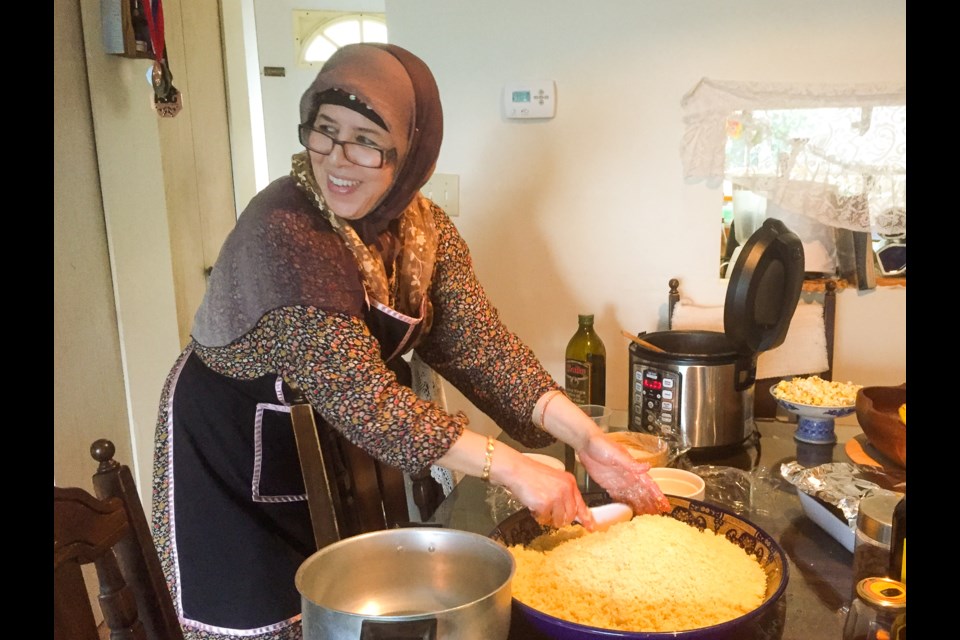Ramadan is no doubt a time of self-imposed restrictions, when hunger trumps the daylight hours for more than 1.6 billion Muslims around the world.
For those practising, the sacred month is meant to honour the moment when the Qur’an was first revealed to Prophet Mohammad while he was meditating in a cave near Mecca.
At dusk, celebrated scarcity turns to a time of bounty. Iftar, the meal to break the fast, inevitably begins with tea and a spread of dates, the same sweet delicacies Muhammad supposedly would eat.
What observers of Ramadan eat next varies as widely as the dozens of cultures and cuisines that make up the Muslim world.
From the sweet coconut kolak of Indonesia to the fava bean shahan ful of the Horn of Africa, the geographic and gastronomic breadth of Muslim cuisine makes Ramadan a unique opportunity for non-Muslims to peer into an unfamiliar celebration of food.
Those diverse culinary traditions are not foreign to the Tri-Cities, where a substantial Persian population is complemented by Iraqis, Algerians and Moroccans, to name but a few.
For many, that means a stop at one of the several small halal shops scattered across Port Coquitlam and Coquitlam.
The Iraqi-run butcher known as Gardenia Foods in Port Coquitlam is one of the most popular. Inside the narrow shop, Persians, Pakistanis and a variety of Arab customers shuffle among shelves of rice puddings, yogurts and black teas. A father has come with his seven-year-old daughter to pick up chicken legs, cubed stewing beef and a pack of sour rainbow belts for the kids.
The rounded glass of the butcher counter shields troughs of delicately stacked veal, whole chickens and legs of lamb, every piece of meat carefully drained of blood according to strict halal procedures. Behind the glass doors of the freezer jut out frosted goat and cow hooves, packages of lamb tongue.
With few options for halal shopping near her home in Port Moody, Moroccan-born engineer Malika Mahsoune often makes the trip to Gardenia to prepare for Iftar.
Between her husband and six children that means a lot of food. Just as many Anglo-Canadian families would feel the absence of a particular Christmas stuffing handed down from generation to generation, this Moroccan-Canadian family has its own Ramadan specialties, chief among them the thick Moroccan stew known as harira.
The rich dish combines an aromatic stock of onion, dried lentils and garbanzo beans spiced with cinnamon, parsley, ginger and turmeric. Peeled, seeded and pureed tomatoes add an acidic balance while a roasted meat such as lamb, beef or even chicken add a hearty touch to the deeply satisfying dish.
“We drink it like a soup,” said Mahsoune.

No Iftar is complete without something sweet. For Moroccan Muslims that means chebakia, a rose-shaped fried pastry laced with finely ground almonds and orange blossom water, dipped in honey and coated in roasted sesame seeds.
“We remember our home, what we used to do. We have to treat ourselves with something good,” said Mahsoune. “Nothing can replace chebakia.”
Another important treat is Sellou, a nutritional sweet made roasted flour mixed with butter, honey, almonds, sesame and spices.
The first 10 days of fasting can be difficult, says Mahsoune, as the family adjusts to the new schedule. Her husband works early, and with the last meal ending around 3:50 a.m., it can be hard to find enough time to sleep.
Typically, the fasting doesn’t end until sundown, which locally is around 9 p.m., a long time to go without a meal.
Many of Mahsoune’s oldest children are devoted kick-boxers, and she says they have trouble finding enough energy to keep up their regular schedule throughout Ramadan.
But she’s also careful to point out that Ramadan is not meant to be a blanket ban on eating. Pregnant women and those who are sick or have chronic illnesses are not expected to abide by the same fasting rituals as healthy adults.
“It’s the opposite,” said Mahsoune. “Sick and pregnant women are not supposed to fast.”
That extends to young children. It’s not until they hit puberty, when a boy’s voice changes or a girl gets her period, that they’re offered the choice to fast.
“We don’t force them,” she said. “When they want it, we allow them.”
Half way through Ramadan, the family gets used to the long stretches without food, says Mahsoune.
By then, she says the odd schedule and familiar cycle of fast and feast brings you to a place where you stop thinking about the trivial.
“Spiritually, you compensate,” she said. “We think about poor people in countries who cannot buy food, have water but it’s not clean. They’re forced to fast.”
“It’s the purification of the body,” she added, “and soul, too.”



